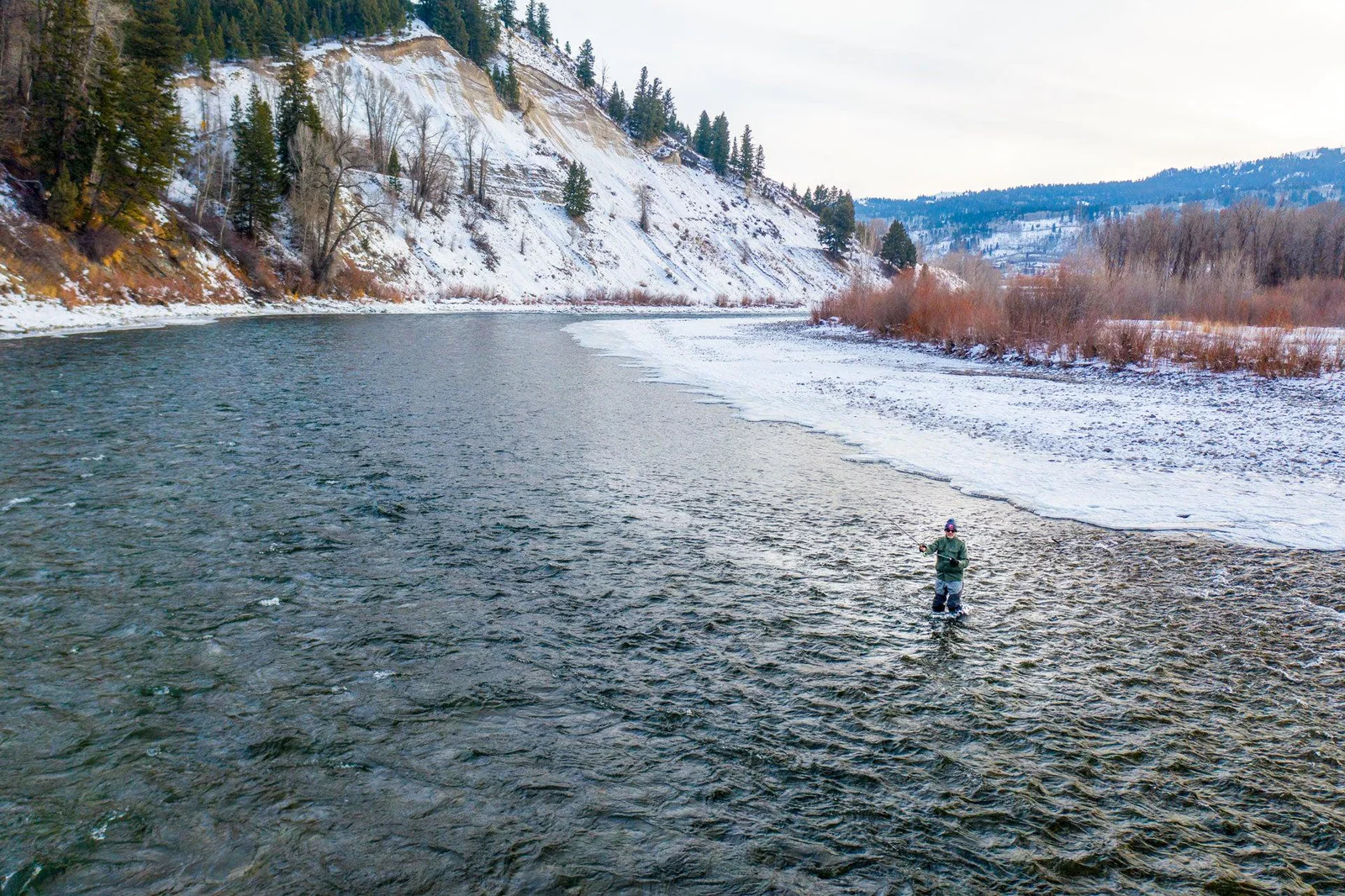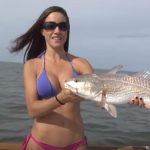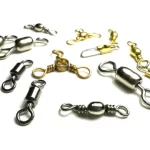Winter transforms fly fishing into a challenging yet rewarding endeavor, demanding precision and skill. This season requires not only the right gear but also a strategic approach to outsmart cold-water fish. Here are five crucial tips to enhance your winter fly fishing experience.
1. Location & Timing: Embrace the solitude of winter fly fishing by opting for tailwater sections, controlled by dams. These areas boast consistent water temperatures, making them ideal habitats for trophy trout. On warmer days, explore freestone rivers for hatching bugs and potential feeding frenzies. Timing is crucial, with mid-afternoons on sunny days and all-day activity on gray, snowy days being prime periods.
2. Techniques: Approach winter fly fishing with finesse. Before casting, observe and locate fish bankside. Concentrate on midges, a year-round protein source for fish. Use small flies with UV materials to mimic movement. Subtle bites require meticulous attention to line management and presentation. Experiment with streamers, nymphs, and dry flies, adjusting your strategy based on fish behavior and water conditions.
3. Size Down: Opt for 5X to 7X tippets and leaders for winter fly fishing. Use 5X or 6X fluorocarbon for nymph fishing and 6X or 7X monofilament for dry fly fishing. Carry extra spools to avoid running out of tippet mid-fishing.
4. Stay Warm, Dress in Layers: Combat the winter chill with proper attire. Layering is key, starting with a thin liner and merino wool socks. Use a base layer to wick moisture and opt for neutral-colored, breathable outerwear. Carry two types of gloves and hand warmers, and invest in slip-resistant footwear for icy conditions. Keep hands dry with a dehooking tool to prolong fishing sessions.
5. Improvise, Adapt, and Overcome: Approach winter fly fishing with flexibility. Understand the insect life present and adapt your techniques accordingly. Cycle through nymphs, streamers, and dry flies based on fish activity. Stay aware of winter hazards and enjoy the unique tranquility the season brings.

Mastering winter fly fishing requires a thoughtful combination of technique, gear, and adaptability. With the right approach, winter can become a season of unparalleled angling success.
Image/Source: JacksonHoleFlyCompany





